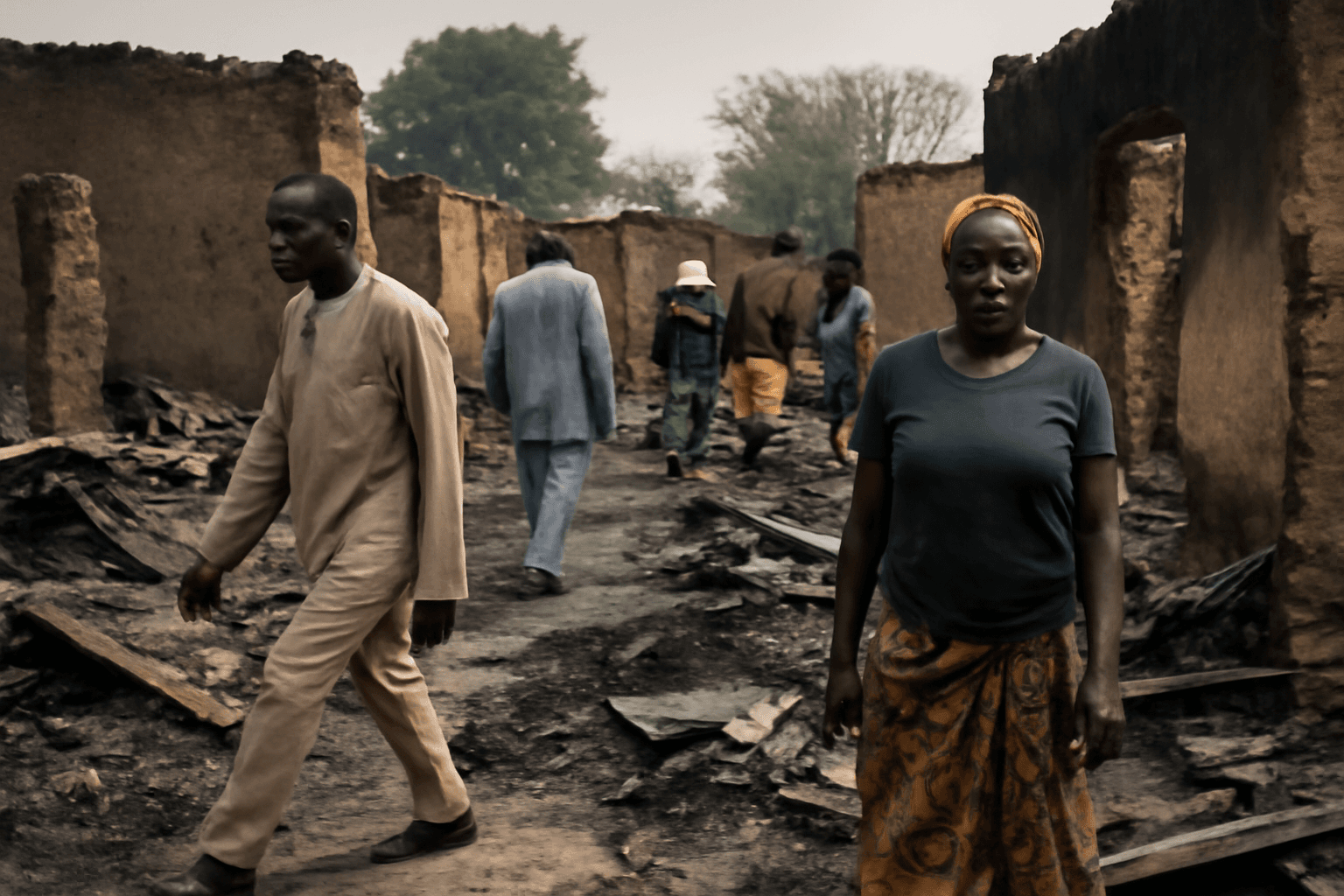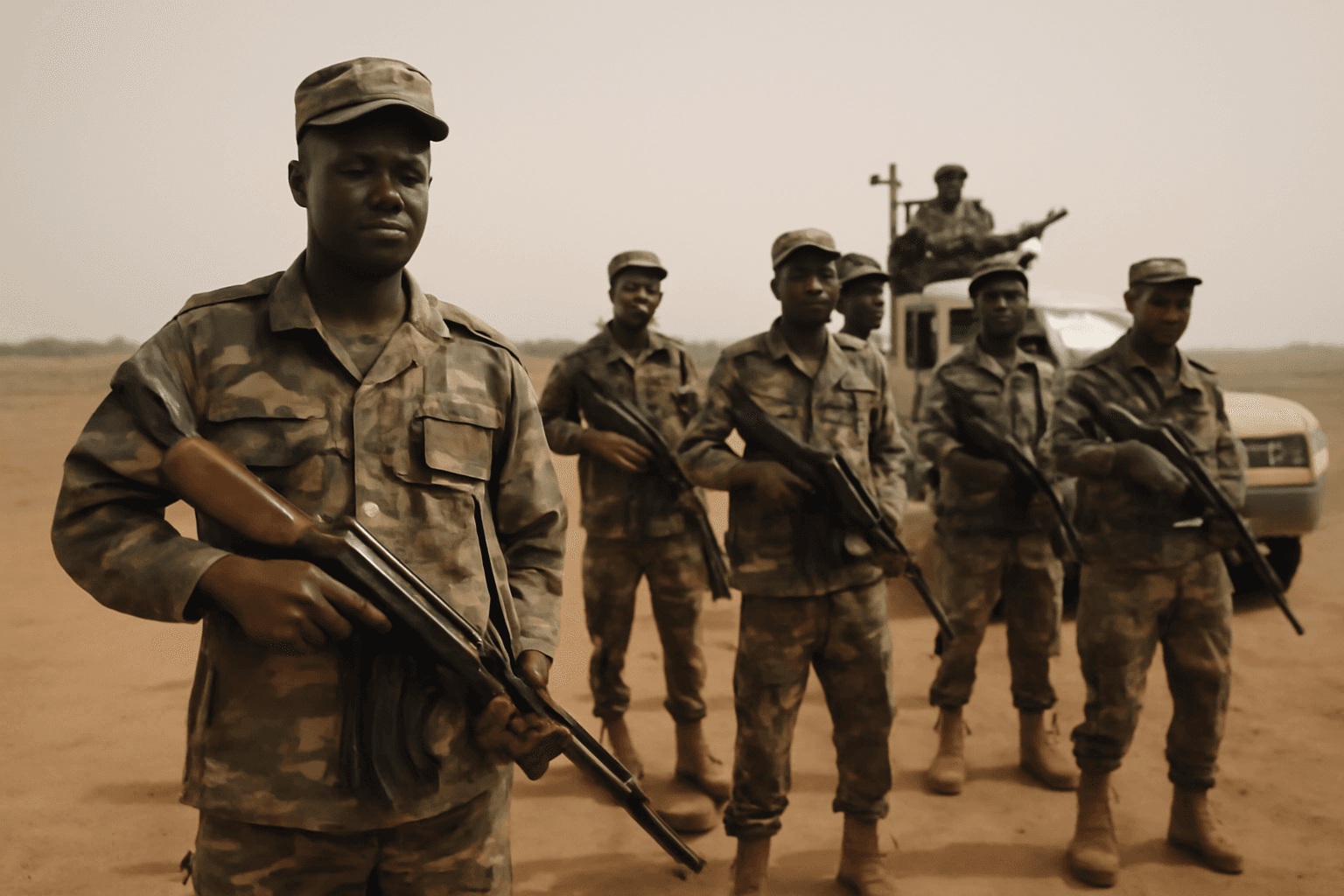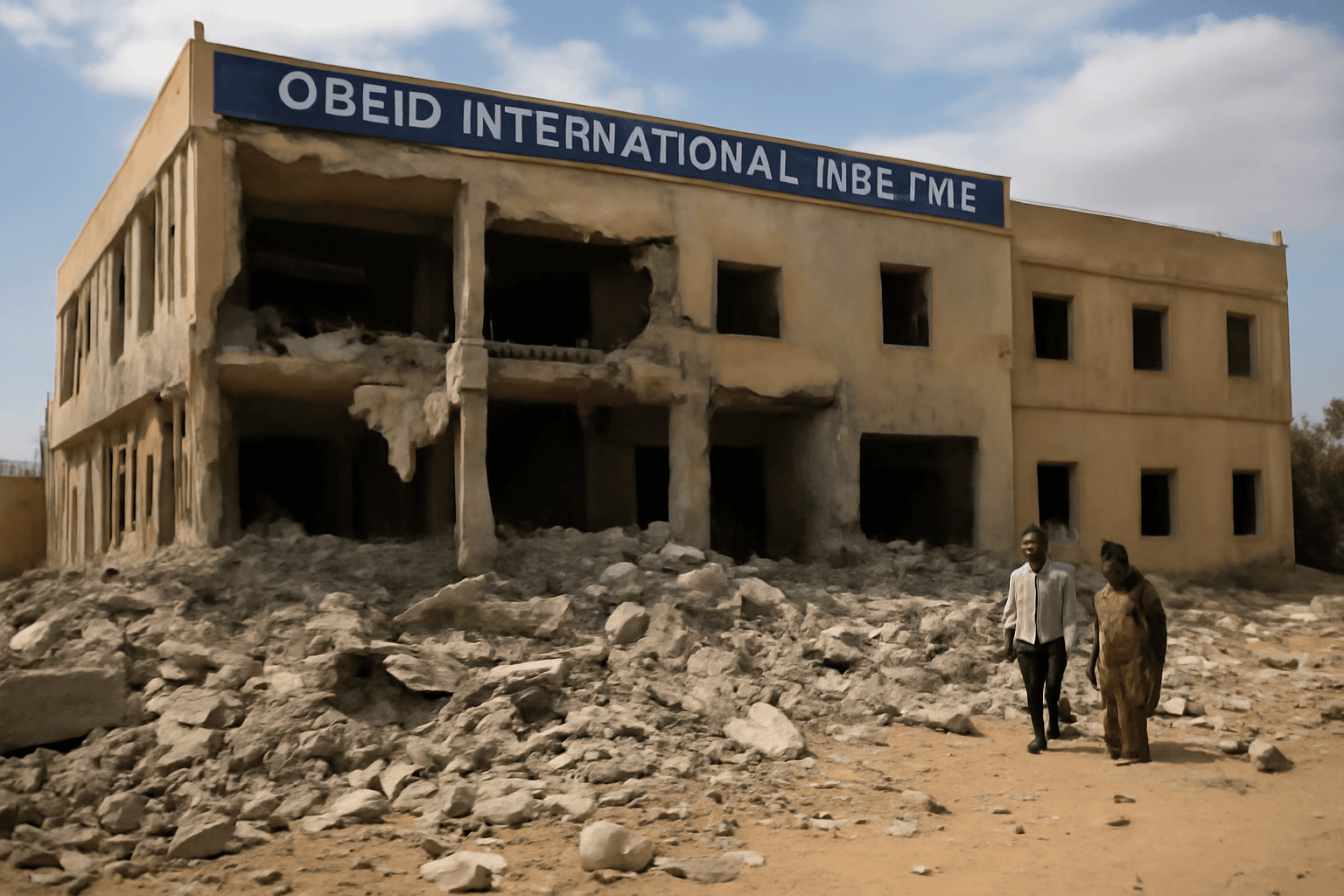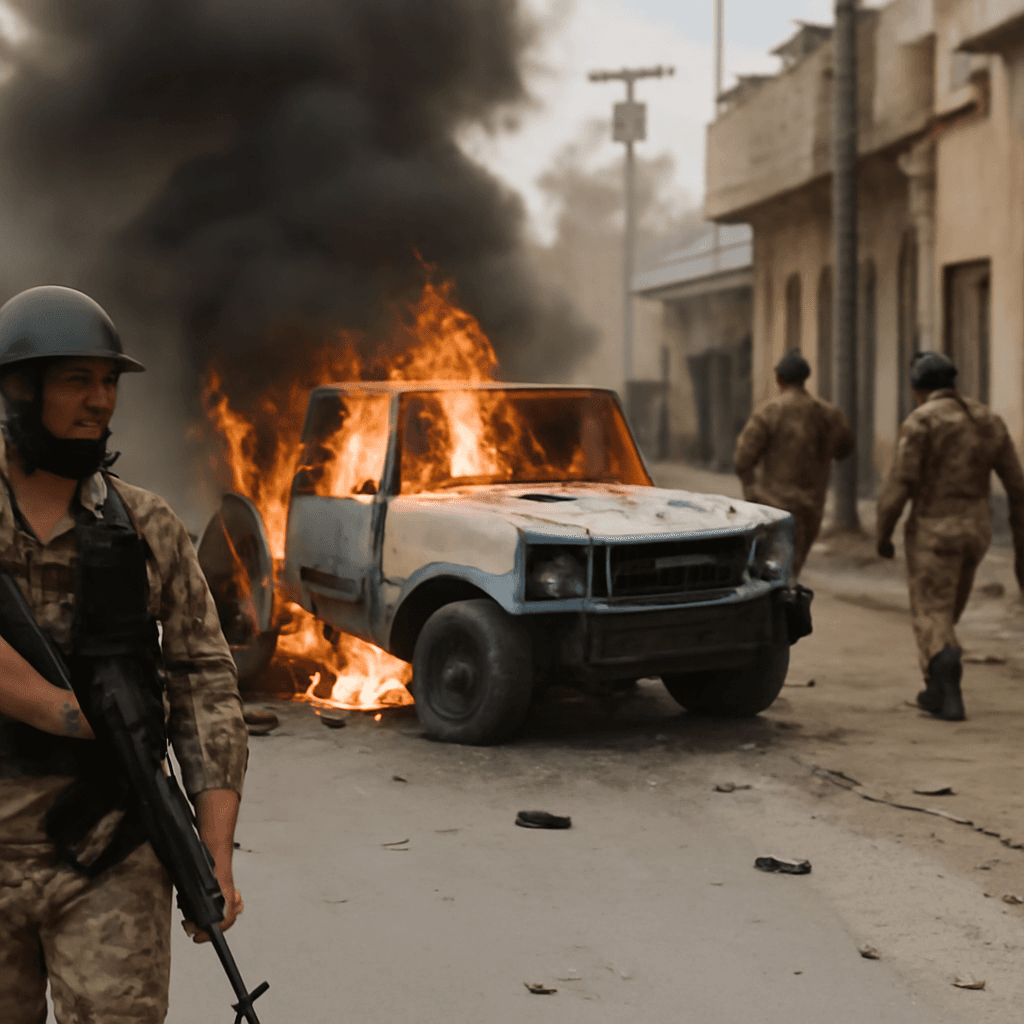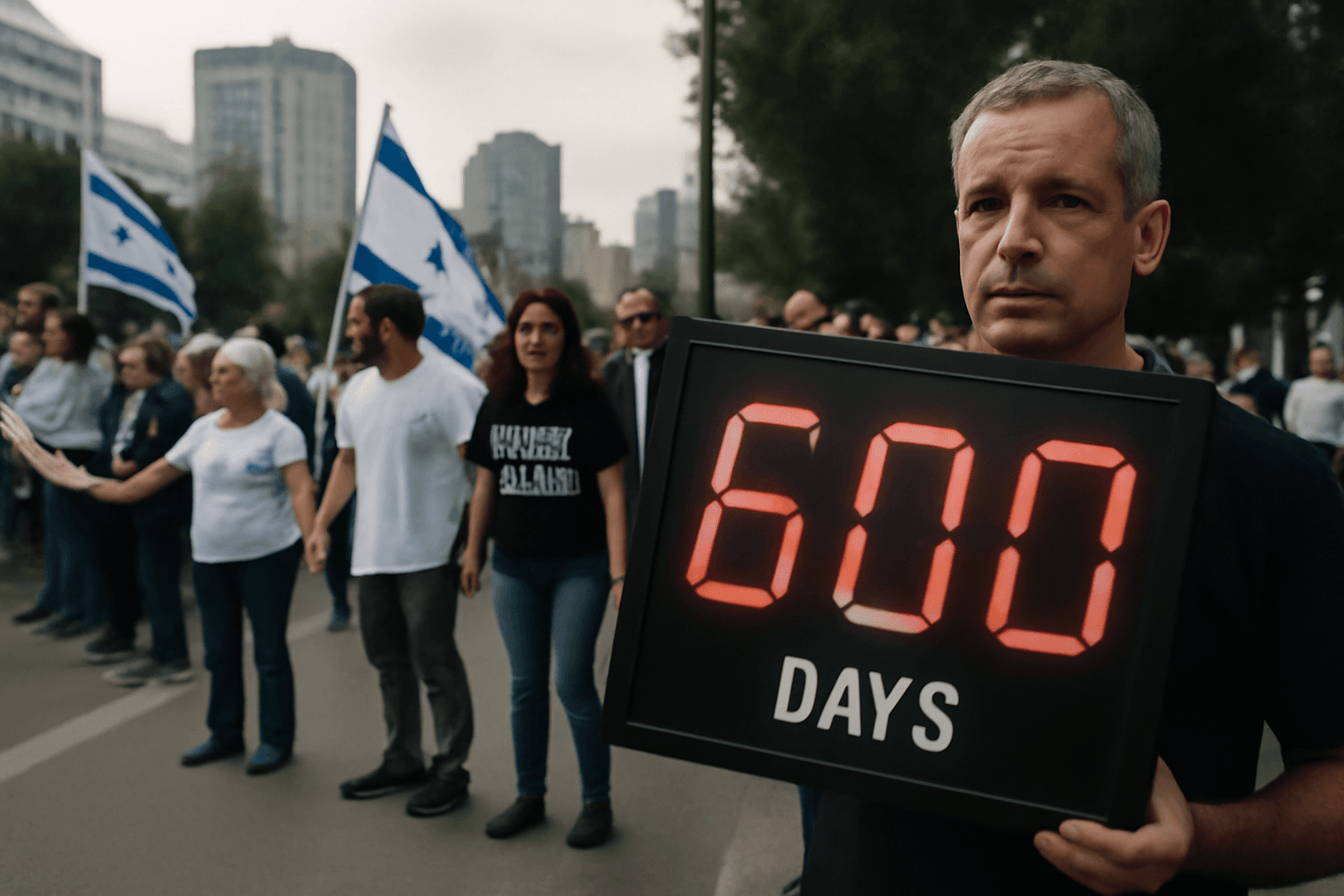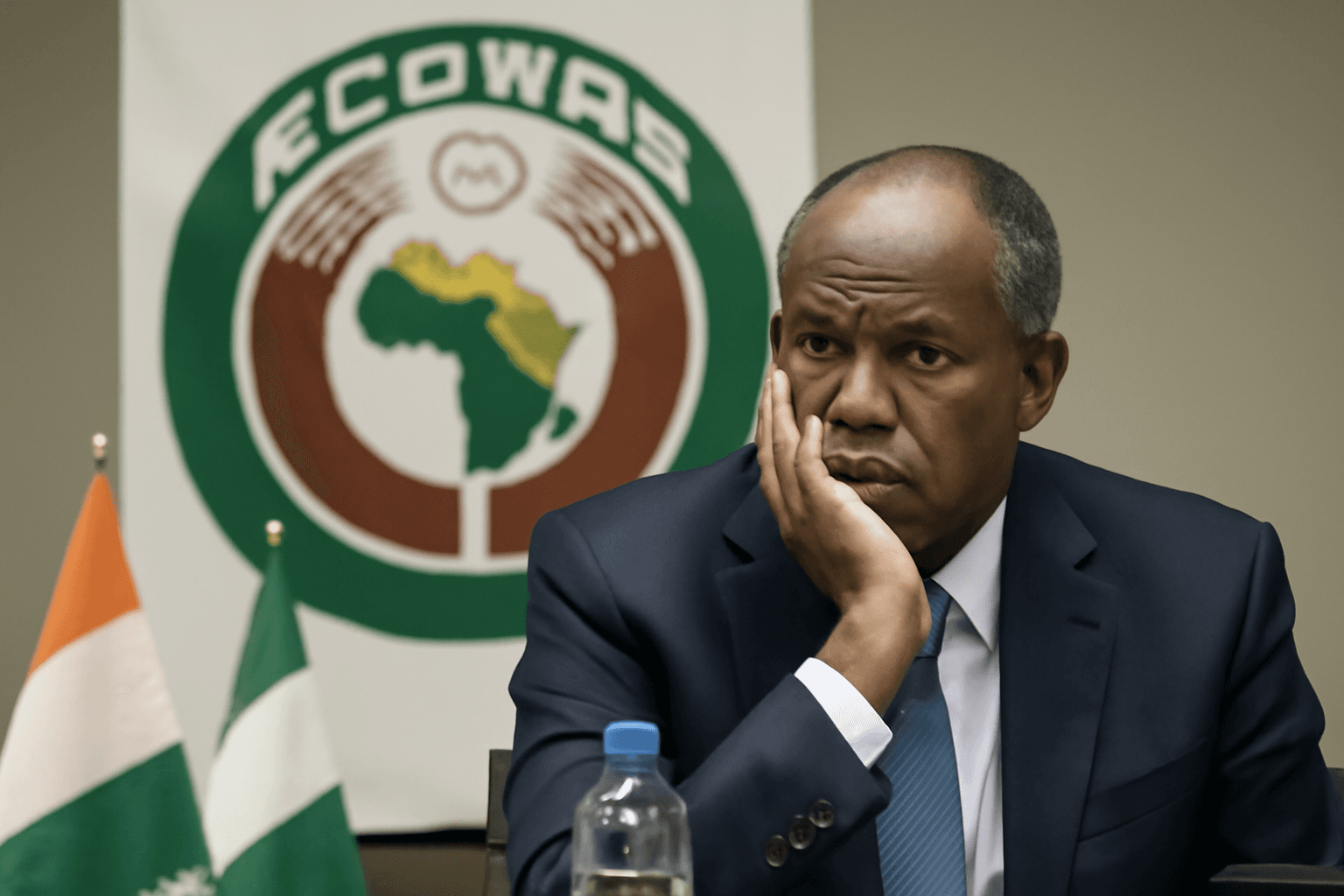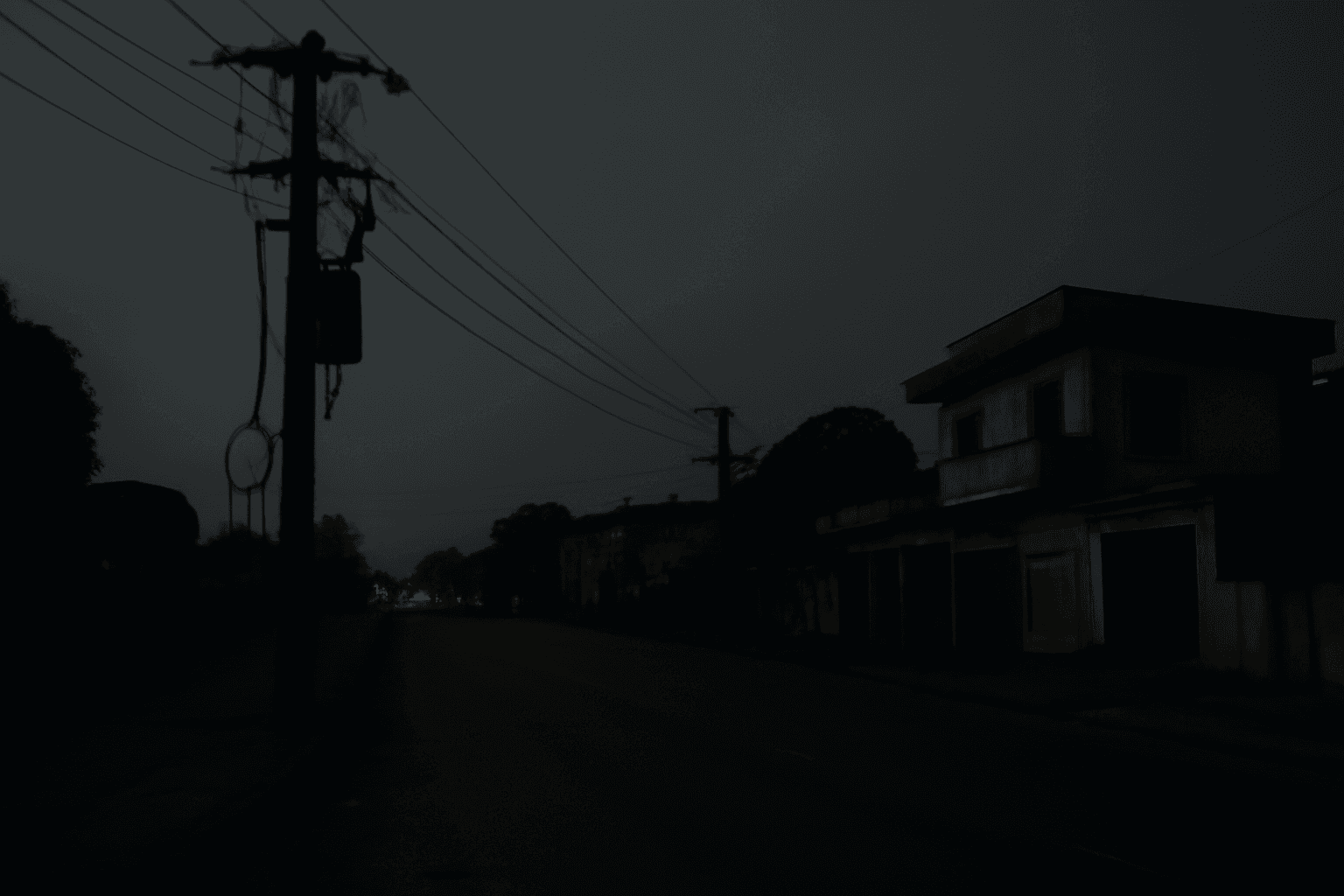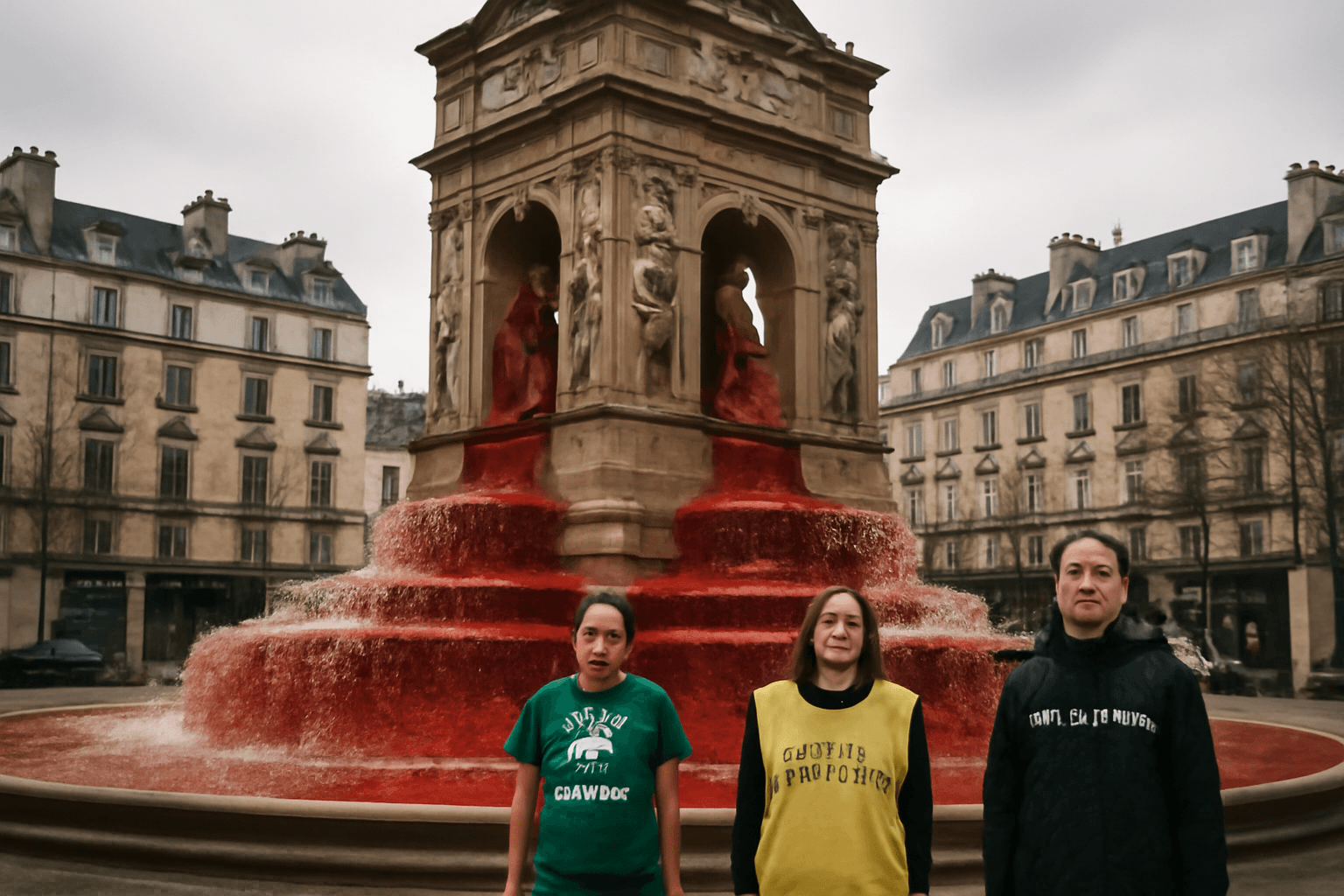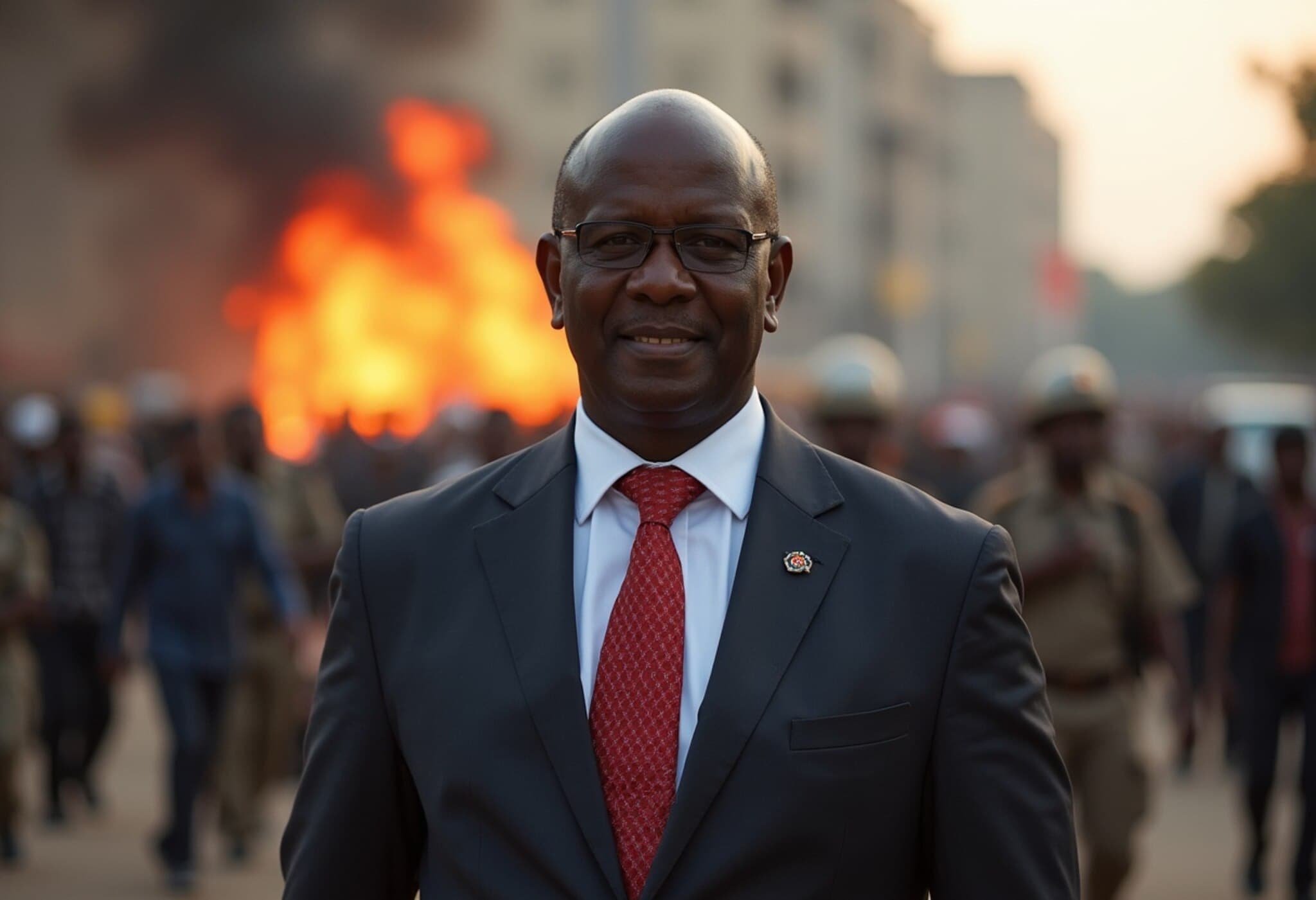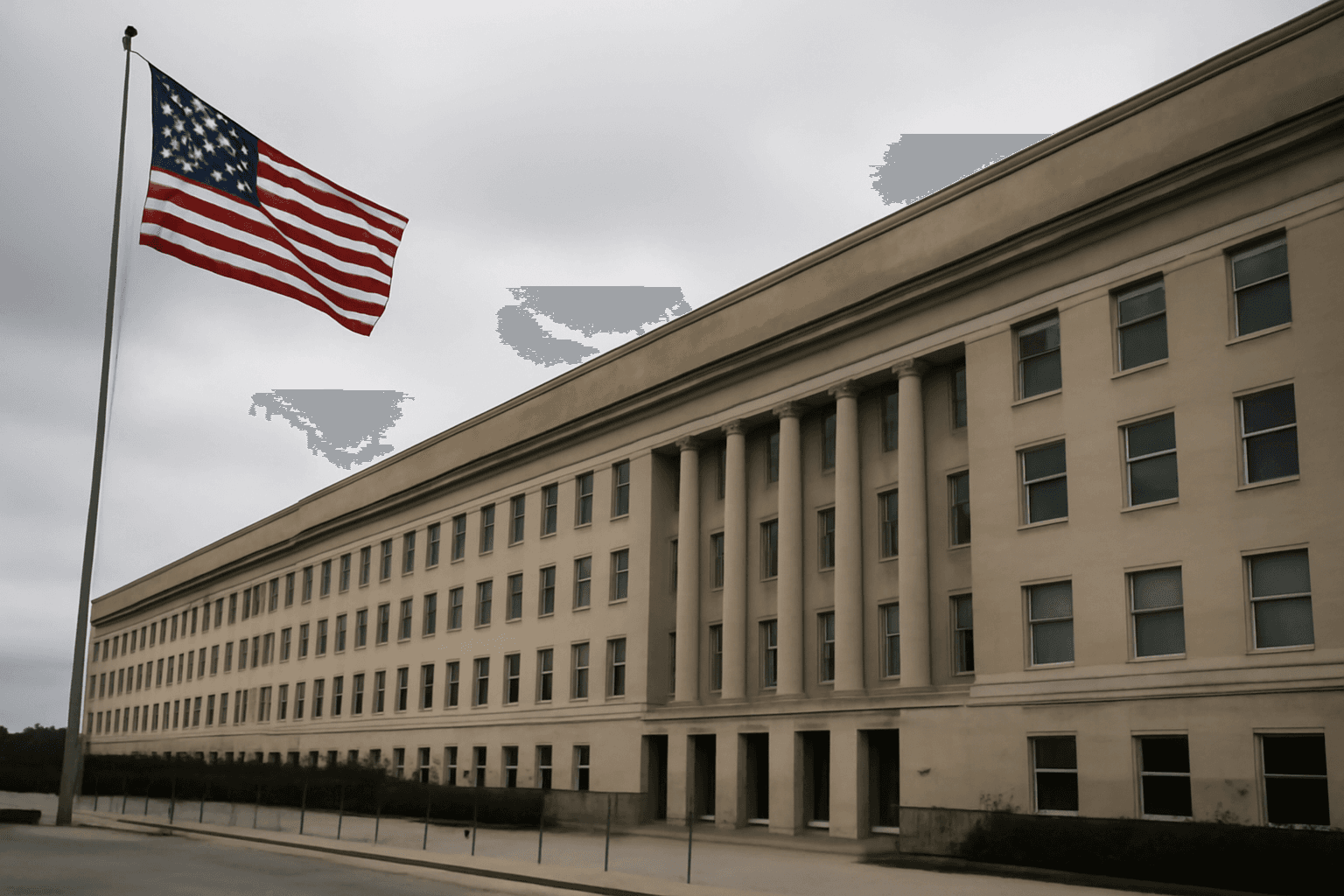Amnesty International has reported that more than 10,000 people have died in violent attacks by jihadist groups and criminal gangs in northern and central Nigeria over the past two years. The rights organization highlighted a significant increase in attacks in regions long troubled by armed groups.
The report specifically criticizes the Nigerian government under President Bola Tinubu for inadequate protection of civilians in areas frequently targeted by jihadists and armed criminal groups, often referred to as "bandits." These groups have carried out deadly raids on villages, resulting in numerous deaths and kidnappings.
Despite these concerns, President Tinubu maintains that military efforts have succeeded in re-establishing security in affected regions. He emphasized that Nigerian troops have reduced threats, enabling farmers to return to their lands and improving the safety of previously dangerous highways.
Conflicts are particularly severe in Nigeria's Middle Belt, where clashes between herders and farmers over land frequently escalate with ethnic and religious undertones. Amnesty’s investigation found that since Tinubu took office two years ago, at least 10,217 fatalities have occurred due to violent attacks. Benue state bore the greatest number of casualties, with 6,896 deaths, followed by Plateau state with 2,630 fatalities.
The report covers seven states but excludes Borno state, historically the epicenter of jihadist insurgency in northeastern Nigeria. Amnesty International Nigeria's director, Isa Sanusi, expressed concern that insecurity is worsening and criticized the government's current security policies as ineffective.
In addition to insurgency and armed group violence, President Tinubu’s administration is contending with rising separatist movements in the southeast.

